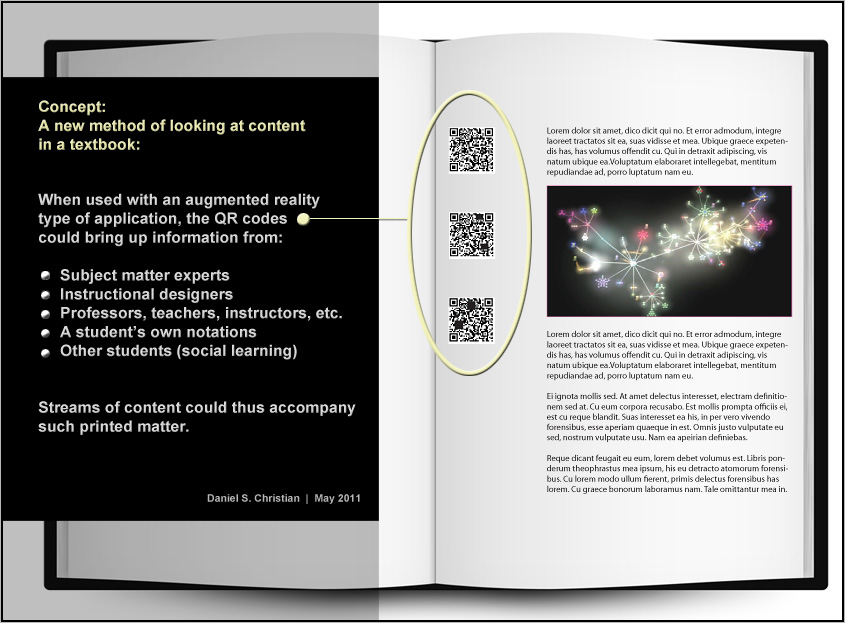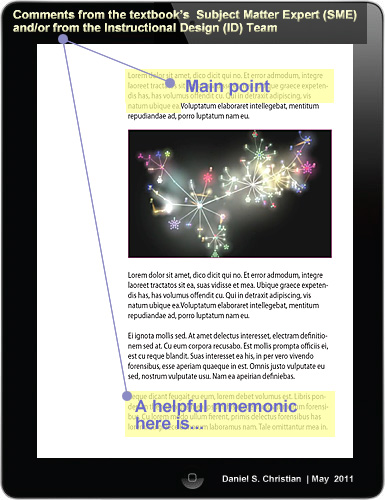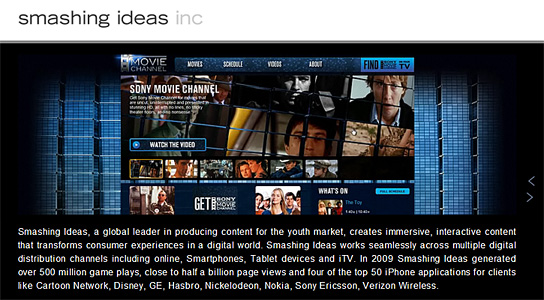Adobe’s Kevin Lynch on the future of apps and publishing –– from The Telegraph by Matt Warman
Kevin Lynch, the Chief Technical Officer of Adobe, explains that the effects of new mobile technology will be felt from the media to museums
Excerpt (emphasis DSC):
So it’s tablets, whether it’s in museums or on the sofa, that Lynch believes are set to transform both the company whose “tech vision” he runs and the consumer landscape. For now, however, he admits that reading magazines on an iPad can be a confusing experience: “a crazy world of interaction,” as he puts it.
Further into the future, Lynch says we should look forward to more screens everywhere, and more interaction between the screens too. “Roll-up displays, foldable displays, projection displays – all that technology is going to keep getting smaller. The world of the future is going to be a lot of screens,” he says. “So we’re thinking about tablets but we’re also thinking more broadly than that.”














